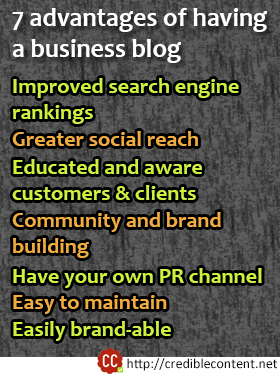Link building got quite a beating after the first Google Penguin update but it is still considered one of the most effective ways of improving your search engine rankings, especially when it is hinged upon quality content writing and well-meaning content marketing.
Why do you need link building?
In case you have been living inside a cave (nothing wrong or extraordinary about that) Google uses incoming links to your website in order to rank it. The more high-quality incoming links your website or blog has accumulated, the higher are going to be it’s search engine rankings. It’s kind of a validation and that’s why linking needs to take place only for the value you provide and no other purpose (for instance, paying websites and blogs to put your links on them).
Link building and content writing
So how does content writing help you in link building? As Google says, people should link to you based on the value you provide. How do you provide that value? By providing valuable and useful content. Why would people link to you if you publish high-quality content?
Writing comprehensive blog posts and articles isn’t everybody’s cup of tea, nonetheless, people want to maintain blogs and websites and they want to publish content on them for the sake of engagement, link building and better search engine rankings.
There are many content aggregation and curation websites and blogs. They don’t want to write content themselves; they want to link to external blog posts and articles, insert couple of paragraphs of their own, and then publish them on their websites and blogs. This way they don’t constantly have to scramble for new ideas. They don’t even have to hire content writers in order to create original content because instead of having to create content, they are aggregating good quality content from other websites and blogs. They want to become a resource, creating further link building opportunities for themselves.
This can work to your benefit. If you can write content they are looking for, they are definitely going to link to it, creating lots of back links in the process.
Of course regular content writing doesn’t just straightaway lead to back links. For example, you may feel discouraged after publishing 20-30 blog posts or articles without getting any back links. Link building doesn’t just happen; unless people find the content written and published by you, how can they link to it?
Herein comes content marketing. Write enough content and then make it easier for people to find it. One way of achieving this is keep on writing on your own blog and then letting the search engines index your content randomly and then presenting it to their users according to their own judgment. This works in many cases, but it may require lots of writing, even to the extent of creating 300-500 blog posts and articles before people begin to even notice you.
A better option is, aside from creating those 300-500 blog posts, disseminate what you have written and published through as many channels as possible. These days you have Facebook, Twitter, Google Plus, LinkedIn and various other platforms and channels where you can promote your links so that they begin to get noticed by people and some of them may start linking to them. Even search engines these days list content from social networking websites on their natural search engine result pages. So constant content writing and then sharing your links on social networking platforms can create lots of link building opportunities for you.
One of the most widely used link building methods through content writing is guest blog posting. When you write for other blogs, they include a small bio of yours in which they also include a link to your website, blog or one of the inner pages. Since you should only guest blog for reputed blogs, this can bring you great link building benefits.
In the beginning this may seem a bit difficult because it is upon the sole discretion of the owner of the blog whether he or she wants to publish your blog post or not. It will help you to first understand what sort of content is published on that blog, what sort of language is used and what is the general flow of the content appearing over there. You can also spend some time interacting with the stakeholders of that blog via Twitter or Google Plus because then they will be more eager to publish your blog posts.


